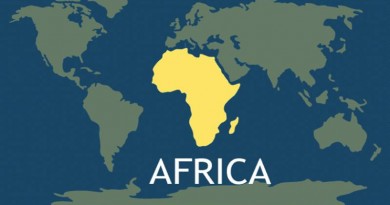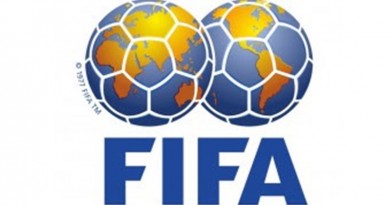CommonWealth Games in Jeopardy as Cities Withdraw Bids
The big question now for the CommonWealth Games is “to be or not to be?”. This has become the “theme song” in recent times as cities withdraw their bids to host the games.
This is becoming more worrisome as countries lobby to host the World Cup and Olympic Games, even spending billions in advertisements, infrastructure and PR to be awarded the hosting rights. This cannot be said of the CommonWealth Games
The City of Victoria in Australia recently decided to withdraw from the 2026 Commonwealth Games citing costs as reason. And just yesterday we were greeted with the news that the province of Alberta in Canada has also withdrawn its support for a bid to host the 2030 Commonwealth Games, just weeks after the State of Victoria in Australia pulled out of hosting the 2026 Games.
Alberta’s minister of tourism, Joseph Schow, said that cost consideration was behind the decision to pull the plug.
“It’s not a good deal for Alberta,” he said. “When it comes down to it, it has to be a good deal for Alberta taxpayers and this just wasn’t that.”
The Alberta government had committed about $2 million while the city of Edmonton had committed another $1 million to explore the feasibility of hosting the 2030 Games. In July the premier of the city of Victoria in Australia, Daniel Andrews, said that the city pulled out of hosting the 2026 Games because the cost had increased from the original $2.6 billion budget to an estimated $6-7 billion.
It will be recalled that the City of Hamilton, Ontario, which hosted the inaugural Games in 1930, had equally suspended its bid to host the games, making a total of 3 withdrawals to date on hosting the games. Unfortunately, no cities are yet coming up to take up these hosting rights for the commonwealth games.
The Government of New South Wales State, of which Sydney is the capital, said it would decline any request to host the games due to budgetary pressures. South Australia and Western Australia States have also ruled themselves out of hosting the games, too.
The cost of the Games and their nebulous legacy benefits have long drawn scepticism, and even the CGF has conceded they must downsize to survive.
There are no currently scheduled activities or host cities for the Games. The public has backed both London and a multi-city Scottish candidature for the 2026 Games. New Zealand’s Christchurch has also expressed interest.
But in the three weeks after Victorian Premier Daniel Andrews decided to sever its contract with the Federation, there does not seem to have been much movement. Sebastian Coe, the president of the World Athletics Federation, stated last week that the Commonwealth Games had a strong enough brand to weather its most recent crises, but that now seems to be in doubt.
The 2022 Games were given to the South African city of Durban in 2015 after its sole rival in the bid, the Canadian city of Edmonton, withdrew due to financial difficulties. But only two years later, the city’s hosting rights were revoked because it had fallen short of the commitments made in its candidature. Andrews and the sports minister of South Africa both cited budgetary limitations, adding, “We gave it our best try but we can’t go further. We cannot if the nation declares that we lack the necessary funds.
The 2022 Games were saved in 2017 after Birmingham and the British government intervened. The West Midlands city received around £560 million from the UK government and an additional £190 million from the local council to host the Games.
The 2026 Games were supposed to be held in Birmingham, therefore the 2022 decision left a gap in the timetable. The announcement of the 2026 host city was scheduled to be made by the Commonwealth Games Federation in 2019, however it was delayed until 2020, then to 2021, then to 2022.
Victoria is the only contender for the 2026 race after Kuala Lumpur, Cardiff, Calgary, Edmonton, and Adelaide all withdrew their respective bids due to financial concerns.
The financial load of the Games has not been the only target of criticism in recent years. The Games’ colonial beginnings—they were once known as the British Empire Games—as well as their inability to draw younger viewers have both been sources of controversy.
The Commonwealth Games Federation’s president, Dame Louise Martin, has acknowledged that the Games must evolve and modernise in order to maintain its “relevance.” However, given today’s announcement, that work will be even more difficult. After the Canadian city of Hamilton’s proposal to host the CGF in 2026 was rejected earlier this year, the CGF now needs to select a new host for that year as well as one for its centenary in 2030.




